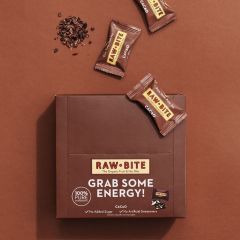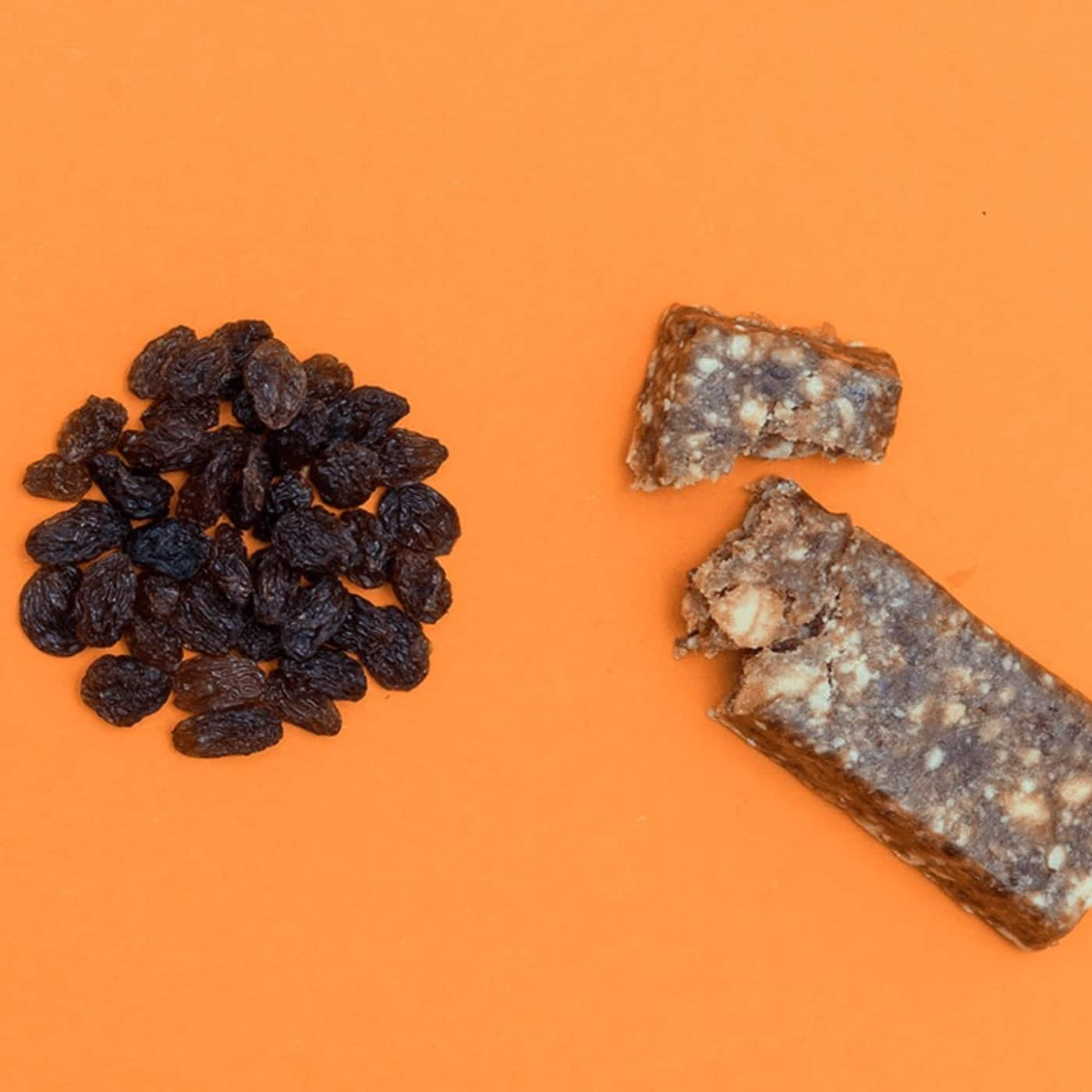What’s a protein?
Proteins consist of amino acids that form long chains via peptide bonds. Humans need to get 20 of the existing amino acids from external sources as the body can only partially synthesize them. To ensure that we get enough amino acids, we need to obtain them through our diet. (1)
Why does the body need protein?
We know that an active lifestyle requires an increased protein intake (2). In the context of an active life and regular training schedule, the amount of protein you eat will influence your performance. Amino acids play a role in building muscle mass and they boost fat loss by increasing the basal metabolic rate. They are also important for helping your body to recover after training (2,3).
But protein isn’t just important for athletes: because protein is an essential building block for important body functions and for our organs, as well as being a key source of energy, everyone should make sure that they get enough protein in their diet. (1)

So how much protein should I be eating?
Your protein requirement is individual and depends on your age, body weight and size as well as on the sports you do and your training goals.
For example, if you’re focused on building your strength, you should consume about 1.4 - 1.8 grams of protein per kilogram of body weight per day; if endurance athletics is your thing, then you need a little less, between 1.2 - 1.4 grams of protein per kilogram of body weight. Higher levels apply for bodybuilders, particularly if they want to lose a lot of mass and take part in competitions.
For an inactive adult, the guideline is about 0.8 grams of protein per kilogram of body weight. (2)
Getting enough protein with a vegan diet
Proteins do not always have to come from animal sources. In a vegan diet there are many plant-based foods that allow you to cover your individual daily protein requirement.
Foods such as rice, oatmeal, broccoli, quinoa or chickpeas all contain protein (4). You can find more information about this in our guide to plant proteins. Tofu, lentils or kidney beans are also great sources of protein (5).
The best way of ensuring that you meet your daily protein requirements is to include a source of protein in every meal or snack.
Did you know that nuts also contain protein? Pumpkin seeds contain as much as 30 grams of protein per 100 grams (6). BTW: they play a starring role in our RAWBITE Protein Bar. Our vegan protein bar with no additives is your best buddy in an active everyday life.
Other ways of boosting your protein intake include a wide range of vegan protein powders, such as pea protein, which let you super-charge your meals with protein (7).
Protein in all shapes and sizes
A protein-rich vegan diet doesn’t have to be dull. Tofu is a great example of a good source of protein that is also incredibly versatile and can be used in many different recipes and meals. How about scrambled tofu for breakfast, tofu cubes added to your salad or bowl, or breaded and fried as tofu nuggets? Quinoa can be used in sweet and savoury dishes, nuts team up very happily with oats for a satisfying breakfast or add some crunch to a vegan curry.
Once you have familiarized yourself with the nutrients that vegan foods offer, it is supremely easy to ensure you eat a high-protein diet. With the right food choices you can easily realise your nutritional goals and see your athletic performance soar. (8)
- https://www.britannica.com/science/protein
- https://pubmed.ncbi.nlm.nih.gov/7550257/
- https://pubmed.ncbi.nlm.nih.gov/16002798/
- https://www.rawbite.com/eu/stories/hooray-for-plant-based-proteins
- https://www.nomeatathlete.com/where-vegetarians-get-protein/
- Lazos, E.S. (1986), Nutritional, Fatty Acid, and Oil Characteristics of Pumpkin and Melon Seeds. Journal of Food Science, 51: 1382-1383.
- https://www.healthline.com/nutrition/pea-protein-powder#bottom-line
- https://pubmed.ncbi.nlm.nih.gov/7550257/
Pure Taste. Pure Joy.








